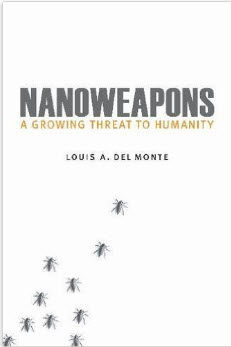Science has discovered that almost all mammals, with the exception of humans, have about the same number of heartbeats in their lifetime, approximately 1 million.
However, humans are outliers in that we get over 2 billion beats. According to Nova (source below), the human heart beats about 100,000 times in one day and about 35 million times in a year. During an average lifetime, the human heart will beat more than 2.5 billion times.
This may seem counter intuitive because when you sleep, your heart rate is slower and when you exercise or become excited, your heart rate is faster. Therefore, based on life style and temperament, you would expect each person to have a different number of heartbeats in their lifetime. According to OMG Facts (source below), you would be wrong. You would also expect different mammals, with different lifespans, to have a different number of heartbeats during their lives. However, this is not the case either.
According to theoretical physicist, Geoffrey West, there exist simple scaling laws relating animal metabolism to body mass. Larger animals live longer, but they metabolize slower, manifested in slower heart rates. Smaller animals live shorter lives, but have heartbeats that are more frequent. For example, animals from rabbits to elephants have lifespans with just about an equal number of heartbeats, approximately one billion.
Therefore, if you equate lifespan to heartbeats, most mammals experience almost the same length of life, with humans being an exception.
The moral of this story is simple. As a human, you have about twice the number of heartbeats of other mammals. Use them wisely.
Sources:
- OMG Facts http://www.omg-facts.com/Science/All-Mammals-Big-Or-Small-Have-About-The/58703
- Discover Magazine http://blogs.discovermagazine.com/cosmicvariance/2011/09/01/ten-things-everyone-should-know-about-time/#.Uj9qrYasim5
- Nova http://www.pbs.org/wgbh/nova/heart/heartfacts.html
Image: Wikipedia Common











